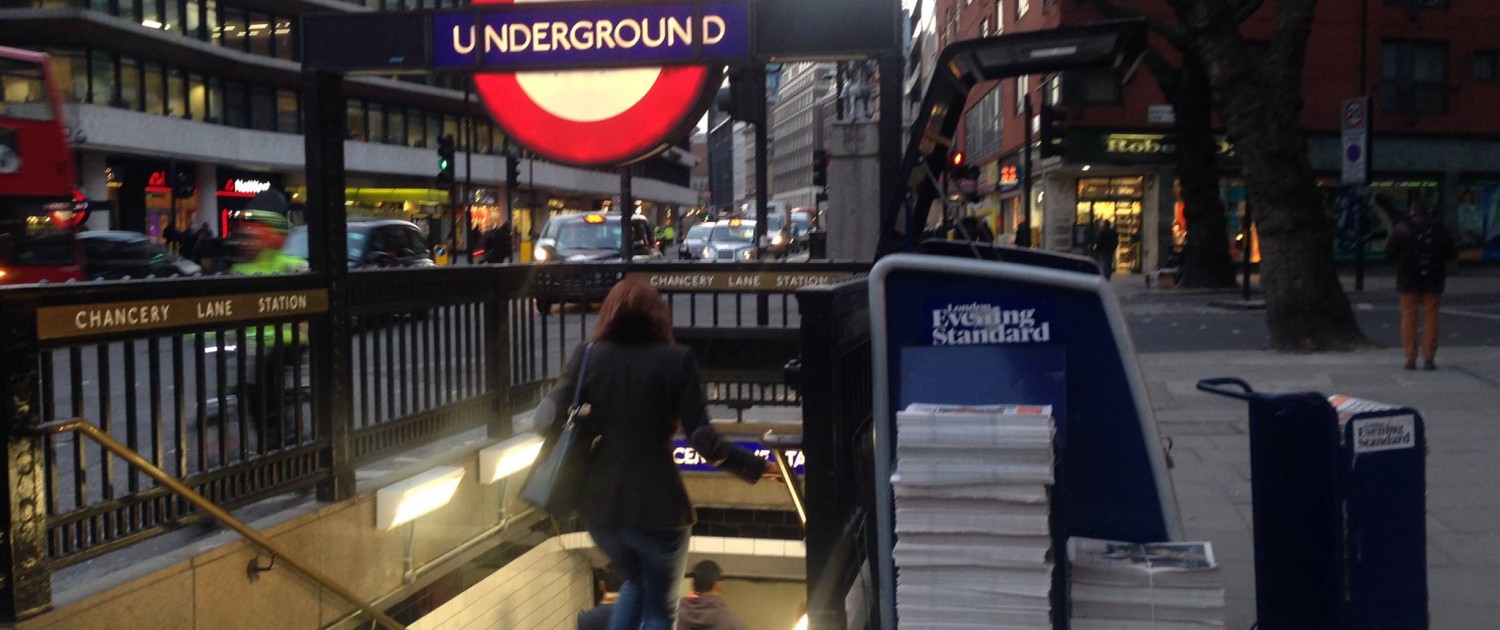English-speaking countries still enrich study abroad experience
Some say that studying abroad in an English-speaking country is a cop-out. And I somewhat thought that too. But then I boarded my flight to London’s Heathrow.
According to the U.S. Department of Education, 80,000 American students study abroad each school year. When I became one of those thousands of kids hopping on a plane headed toward the heart of the British Empire, I had little hesitation. In high school, I traveled to Prague and parts of China and I remember that feeling of sometimes not being able to communicate the simplest of requests to a waiter or airport security guard because of the language barrier.
That would never be my issue in London or the rest of the United Kingdom, I thought as I sat on my flight to Europe.
Then my first ride on the Tube proved me wrong. Unlike the Metro in L.A., noise is kept to a bare minimum. Instead, everyone from businessmen to construction workers were thumbing through the London Evening Standard, the free evening newspaper, taking in the day’s biggest and most eccentric stories.
So in turn, I took advantage of the free newspapers and quietness as I rode the Tube home to my flat. I soon found that reading the paper was a linguistic exercise because the English Londoners speak is different mine.
I ran across words like: Lorries. Rough sleepers. Cheers. Lift. Quid. Every few grafs I had to look up a new word or phrase. Or sometimes just go with context clues.
Speaking the same language does not guarantee a mutual understanding. English is the third most spoken language in the world, according to the CIA. Despite millions of people sharing this language, the vastness of it also leaves room for many variations. People use language to describe the way they see the world and shape their culture. There is no doubt that the United Kingdom looks, feels and sounds different from the United States. Therefore, accents and colloquialisms in British culture are distinct from the ones with which I’m familiar.
For this reason, studying abroad in an English-speaking nation is not always a walk in the park (though it’s important to note the many spacious and beautiful parks London has to offer.) Yet, I believe I made the right decision in choosing to study abroad. By stepping out of the familiar and into a new culture, I am able to further understand myself. Because these two cultures are intertwined, each day I face and overcome the challenges of identifying the deviations and nuisances between them. This has made my appreciation of the U.S. and curiosity of the U.K. stronger.
And from my experience thus far, I don’t need to speak a different language to do so.

